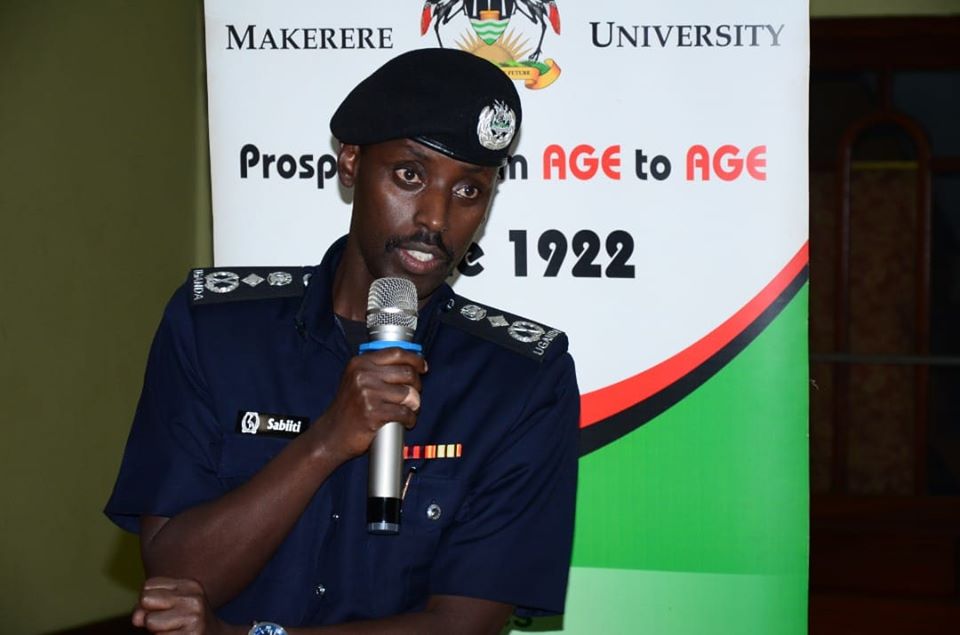
The Deputy Inspector General of Police, Maj. Gen. Sabiiti Muzeyi has welcomed a move to introduce Forensic Medicine Science to help in the fight against crimes in the East African region.
“Uganda Police is a key stakeholder in the administration of justice and thus seeks to extensively utilize forensic techniques and approaches in the course of criminal investigations,” Maj. Gen. Sabiiti made the remarks while representing the Inspector General of Police, Mr. Okoth Ochola at an Awareness Forensic Medicine and Science workshop held at Imperial Royal Hotel, Kampala.
The four days awareness workshop was organised by Makerere university Kampala in partnership with Cukurova University.
Maj. Gen. Sabiiti added that modern policing has seen increased utilization of forensic techniques in investigations and the scientific evidence it produces play an important role in criminal justice.
This comes at a time when the government of Uganda is implementing directives of the President to establish an Ultra-Modern forensic facility that will deliver world-class forensic services in the administration of justice.
Maj. Gen.Sabiiti appreciated the academia for embracing forensics Medicine to help in the implementation of justice system in the country.
“Uganda Police is delighted that the academia in Uganda has taken a keen interest in nurturing the required forensic practitioner human resource to manage this infrastructure alongside others such as CCTV systems,” he said.
The DIGP said that with a constant stream of new technologies and scientific development, there are ever increasing areas of application of forensics in investigation whereby you can find trace of evidence that would have been invisible, even to experts a few years ago.
“The quality of forensic evidence, integrity and expertise of the people involved are very crucial aspects, thus the need to train and retain the best of our scientists who exhibit strong morality, integrity, wisdom and depth in knowledge.”
He stressed that local, national, regional and international cooperation will only be effective if forensic information can be shared accurately, quickly and effective.
“Information must meet strict quality requirements because the porous national borders, we have are not a barrier to crime, and security agencies regularly share information and intelligence about crime and criminal activities.
Adding that, “shortfall in quality can undermine mutual trust and by extension, weaken regional and in tarnation cooperation.”
